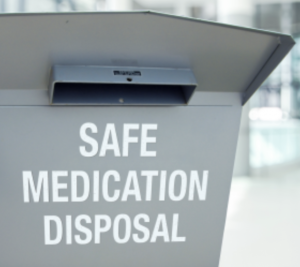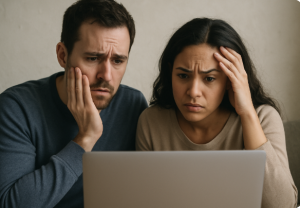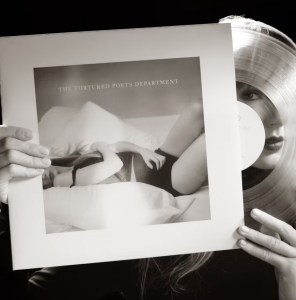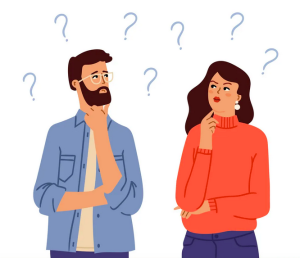Medications can be very helpful for depression, anxiety, ADHD, bipolar disorder and many other psychiatric illnesses. Sometimes, it can take a few trials to find the right medication and dose to help you or your loved one to feel better. What should you do with those left over medications after switching to something more effective or when you and your doctor decide medications are no longer necessary?
Leftover medications should not be stored at home where others, especially children/ teenagers or people suffering from suicidal thoughts or addiction can access them. Leftover opiate pain medications, benzodiazepine anxiety/panic medications and ADHD stimulant medications are particularly dangerous. However, even common prescription medications can be lethal if used during a suicide overdose attempt.
It is generally not recommended to flush medications which can negatively affect the environment and drinking water. In emergencies when a Take Back Program is not easily accessed, some medications may be flushed per the FDA’s Flush List: https://www.fda.gov/drugs/disposal-unused-medicines-what-you-should-know/drug-disposal-fdas-flush-list-certain-medicines#FlushList
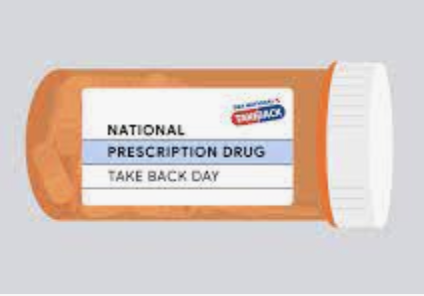
The DEA usually sponsors Prescription Take Back Days twice a year in April and October. The next event is April 22nd from 10am-2pm. You can find your nearest location at the following website: https://www.dea.gov/takebackday#collection-locator
If you are unable to make that day or need to dispose of medications at other times of the year, the FDA website provides other options all year-round: https://www.fda.gov/drugs/disposal-unused-medicines-what-you-should-know/drug-disposal-drug-take-back-locations
For more information about safely disposing of unused medications, see the FAQ page on the FDA website. https://www.fda.gov/drugs/disposal-unused-medicines-what-you-should-know/drug-disposal-questions-and-answers
Psychiatric medications can be lifesaving when appropriately and judiciously prescribed. If your medications are no longer working well, causing side effects or you have been feeling great for awhile and want to see how you feel without medications, be sure to talk to your psychiatric clinician BEFORE stopping medications. Your clinician will guide through a safe dosing taper to avoid physical side effects or sudden worsening of mood symptoms.

